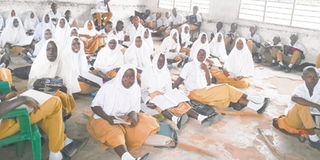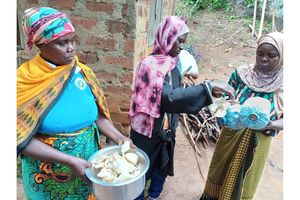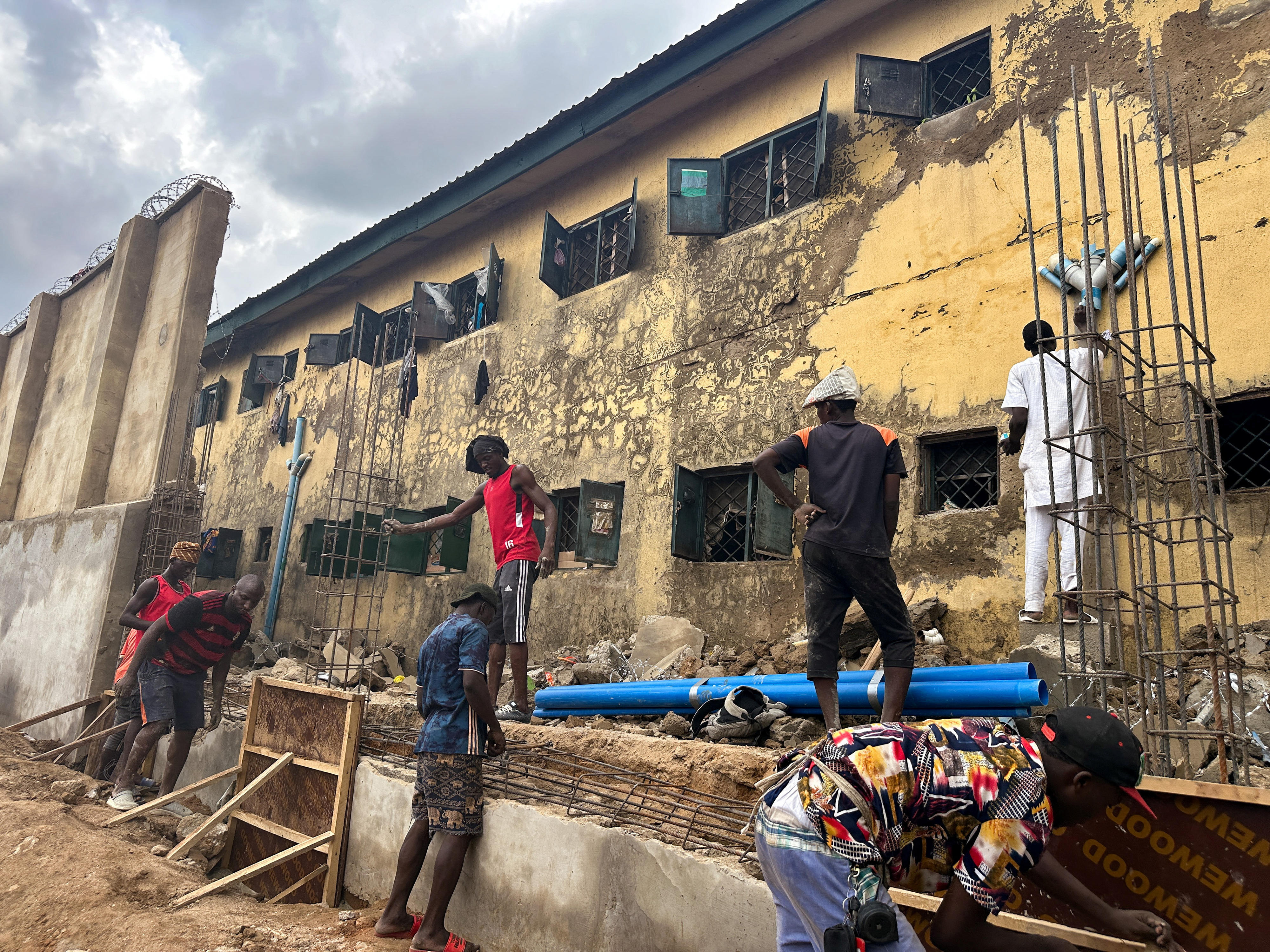Engaging youth in making right choices

Teenagers are the most vulnarable to understanding and realising their sexual and reproductive health rights.PHOTO|FILE
What you need to know:
- However, with the current statistics on access to family planning services and comprehensive life skills, it means concerted efforts are still required if we want to achieve the ultimate goal.
Tanzania has signed the road map to harnessing the Demographic Dividend (DD) through investing in the youth. The country is also well known for its favourable policy with respect to adolescent and youth Sexual and Reproductive Health and Rights (SRHR).
However, with the current statistics on access to family planning services and comprehensive life skills, it means concerted efforts are still required if we want to achieve the ultimate goal.
It’s not a matter to ignore
In Tanzania 64 per cent of the population is below 25. This means one out of every three Tanzanians is a youth between the ages of 10-24. Also over one quarter of young women ages 15 to 19 have begun childbearing in Tanzania.
Against this backdrop, teenage pregnancy rates have risen from 23 per cent in 2010 to the current 27 per cent, yet the use of modern contraceptives among youth aged 15-19 years remains low—at 13 per cent.
This is, even though one in every four young married women aged 15-19 years have a desire to use contraception but are now not using any of them.
The above data indicates that the Sexual and Reproductive Health needs of youth cannot be ignored and overlooked, because young people are the now and future of the nation.
The challenge and solutions
Adolescent and Youth Friendly Reproductive Health (AFRHS) and Family Planning services is still a challenge in the country. Studies show that only 30 per cent of service delivery points in the country meet the national standards for AFRHS.
AFRHS is very vital in Tanzania because young people can better access the information and services they need to stay healthy, avoid unwanted pregnancy and childbearing, complete more years of school, and obtain the skills necessary to be economically productive.
With the statistics above, young people in Tanzania need centres which offer friendly services all over the country especially the regions which teenage pregnancy is above the national average. This will help in contributing to household finances and eventually to the local and national economies.
The reproductive health needs of young people have been largely ignored by existing reproductive health services. Healthcare facilities can play an important role in supporting the sexual and reproductive health of young people.
This can be accomplished by improving the quality and range of services provided to adolescent and youth, in particular, by health care providers maintaining a friendly and open attitude as they impart accurate information and impartial advice.
Further, the guidelines for youth friendly services should be improved and training packages for service providers to ensure young people get the full information and the contraceptive methods tailored to their needs at all primary health care service delivery points should also be enriched and sustained.
Education is the key
Age appropriate comprehensive life skills curriculum in and out of schools in Tanzania is required so as adolescent and young people can know their bodies and make informed choices, for example, when and how they can access, choose and use Family Planning when they need them.
As many researchers have suggested, the age appropriate comprehensive life skills curriculum will help the adolescent and young people delay in pregnancies, unsafe abortions, prevent maternal mortality rate, prevent themselves from STI’s and HIV and hence the girls will continue with their education.
If we still have a 27 per cent teenage pregnancies, this indicate that the age appropriate comprehensive life skills curriculum is necessary and needed now and not tomorrow in and out of schools in Tanzania.
Girls need to have the opportunity to finish school and prevention towards pregnancies can help them to complete their education. With the current situation teen mothers not allowed back to school. Prevention should be the priority if Tanzania is rapidly transforming to a middle income economy.
And as many researchers have suggested, when we invest in girl’s education, we are investing in the economy of a nation hence development will be inevitable.
When girls are denied the opportunity to education, it limits their access to other opportunities including decent employment, leadership and access to information and to make informed choices. Girls who drop out of schools are also likely to end up in child marriages.
The outcome
During the 2017 Family Planning London Summit this year, our government committed to increase modern contraceptive prevalence rate to 45 per cent by 2020 and scale-up the number of health facilities providing youth-friendly reproductive health services from 30 per cent in 2017 to 80 per cent in 2020.
During the summit, over 600 policymakers, donors, youth and advocates from around the world gathered in London, United Kingdom, to discuss efforts to reach our Family Planning 2020 goals and ensure that more women and girls around the world are able to plan their families and their futures.
There was a collective announcement of over $2.5 billion in new funding to deliver rights-based family planning with focus on better serving the largest generation of adolescents in history and the hardest-to-reach women and girls.
I got the opportunities to speak in different plenaries, sessions sharing my work on Family Planning and young people in Tanzania, and one of the key things I heard, is when our government said it would also commit to increasing family planning budget to 35 per cent by 2020.
As one among 15-member YAG for the Summit, we developed an accountability framework which as young people we have a critical role to play in holding our selves, governments and donors to account for the commitments.
The YAG developed an accountability framework to mobilise young people and youth networks at the country level to advocate for the full implementation of the commitments made by our governments.
The framework calls for ensuring that country commitments and policies are responsive to adolescent health needs, mobilizing political and public support for implementation, and strengthening the capacity of youth led organisations and networks to engage in advocacy and accountability.
The author is Founder and Managing Director of Hope Centre for Children, Girls and Women Tanzania.




